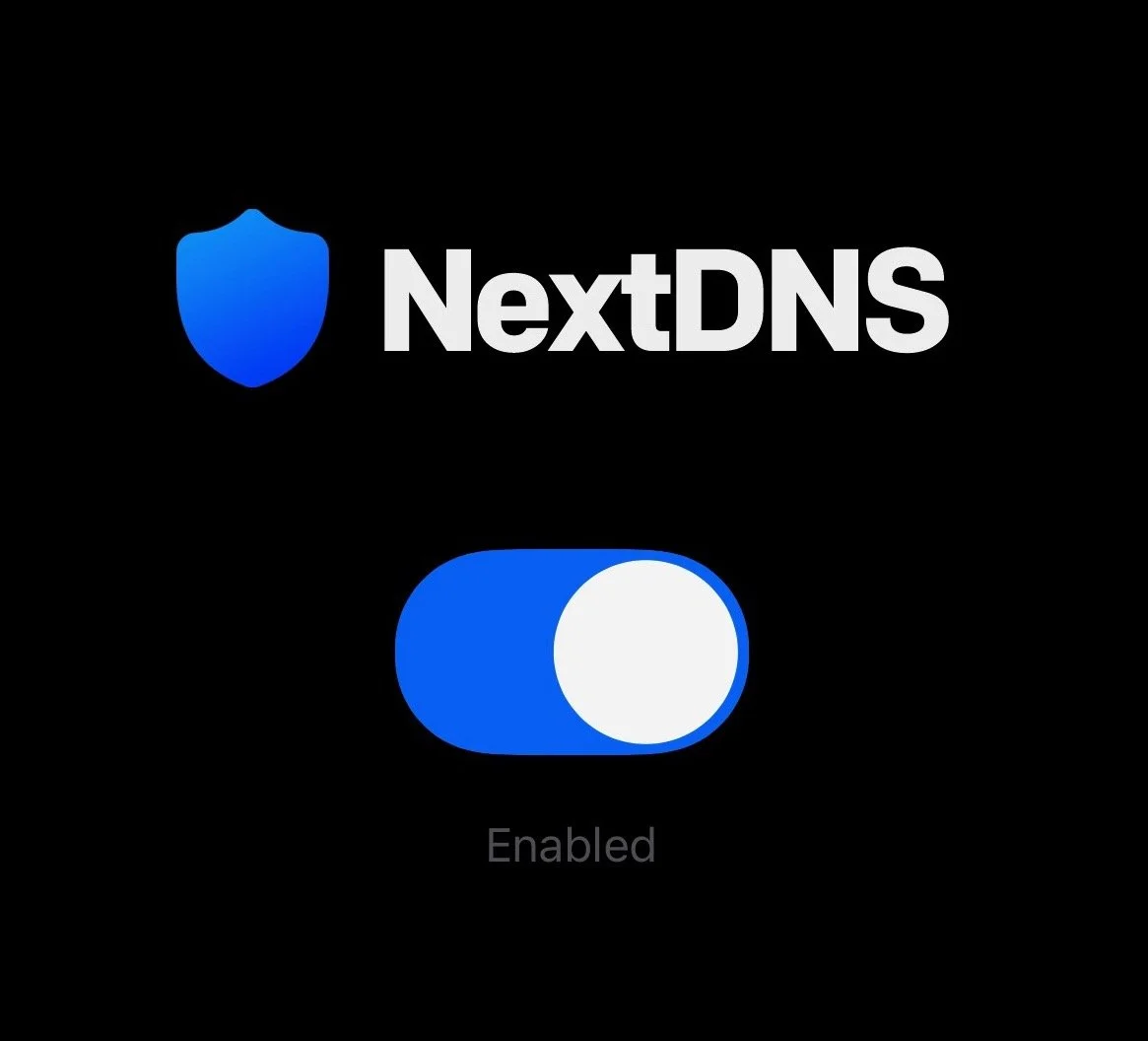Are You Drowning in Ads? The Case for a Clutter-Free Online Experience
Ever felt like the internet has become an overzealous salesman, shoving products in your face with every scroll and click?
Every step you take, someone is hawking their wares, blocking your view, or shouting for your attention. I feel we often underestimate just how overwhelming this digital marketplace can be. Estimates suggest that we're constantly bombarded with between 4,000 to 10,000 advertisements each day. That's a dizzying number. Amidst this cacophony, wouldn't you crave a more serene, focused online experience? As we journey together through this article, we'll explore not only the relief of escaping this digital noise but also the deeper, often overlooked benefits of a clutter-free online life.
I personally find advertisements to be mentally straining and increasingly intrusive in my daily life. A survey of US internet users revealed that 71% of users also agreed that online advertisements are more intrusive than they were a year ago.
But, I wouldn’t know. I genuinely have no idea. I live a virtually advertisement free life, at least in my own home and on my personal devices, where I can control what comes in through the internet connection. When I read news articles, I only focus on what I’m reading. While browsing LinkedIn or Instagram on my laptop, my friends’ and colleagues’ posts aren’t intermingled with silly products I don’t need. Amazon isn’t trying to get me to buy that one product I looked at a month ago. Just pure, unadulterated digital content.
But ads aren't just annoying; they can be dangerous too.
Wait, what is malvertising?
If you guessed malware + advertisements = malvertising, you get a point. To unravel this unsettling term a little more, malvertising is when threat actors pay for online advertisements and leverage them to deliver a malicious payload to your computer. Yes, your computer can be infected with malware just by loading an advertisement on a web page.
Advertisements can directly infect your computer, but more often crafty and ill-intentioned social engineers will purchase sponsored links with Google or other search engines that impersonate a legitimate company to push malware or use these methods to steal your money, intellectual property, or other personal or company assets. The increasing prevalence of malvertising represents a significant security threat to everyday users. And it's not just individuals or tech experts raising the alarm. Leading national security agencies have also taken notice.
The FBI issued a formal recommendation to use ad blockers.
“The FBI is warning the public that cyber criminals are using search engine advertisement services to impersonate brands and direct users to malicious sites that host ransomware and steal login credentials and other financial information.” Google doesn’t spend time vetting each and every sponsored link that they list in your search results, but hackers pay for those results to be at the top of the list. If you’re in a hurry, it's easy to click on the results that look right at first glance, only to find that you’ve gone to a malicious site.
There’s usually no reason for your employees to view advertisements.
Of course there are always exceptions, but generally you want to provide your employees with space to focus so they can be productive. Advertisements can take away from you and your employee’s focus. Ralph doesn’t need to be looking at the latest sports cars, and Susan doesn’t need to know about the latest trends in dieting. So if you want to create a less distracting workplace, try this one weird trick. Advertisers hate it!
Not all ad blockers are created equal.
When choosing an ad blocking browser exstension, ensure you select a reputable one. Be Co recommends and deploys uBlock Origin across all our managed computers. Also, as a note, please don’t confuse it with “uBlock.” As far as browser extensions go, uBlock is an inferior fork of uBlock Origin.
Moreover, uBlock Origin is highly efficient in terms of CPU usage and optimizes your internet speed by blocking unwanted ad and tracking web traffic. It offers comprehensive advertisement and cyber threat filtering with easy-to-use controls. Lastly, uBlock Origin is open-source and transparent in its organization’s operations.
Look at the how difficult it is to block advertisements on your phone.
But uBlock Origin doesn’t work on my iPhone!
I know. So I recommend using the NextDNS iPhone app! You can actually filter your iPhone’s internet traffic, wherever you go, by using something called NextDNS. You might have heard the term “DNS” slung around by me, or other tech nerds, and still not know what it is. DNS, or Domain Name System is a fancy term for the “internet’s address book.” When your device tries to load an advertising domain, NextDNS blocks the ad request from reaching its destination by giving a result that goes no where.
Despite the complex explanation, the app works very simply. Just download it and sign up. It’s free for the first 300,000 requests. If you go over that, it’s $1.99 a month for all of your personal devices, including Android devices (if you haven’t already installed uBlock Origin on your Android device). The best part is that it also blocks many advertisements inside of apps, not including 1st party ads served directly by Instagram or LinkedIn.
Ya, I know Chrome is owned by the world’s largest online advertisement seller.
In 2021, Google was responsible for 28.6% of all online advertising revenue. They also own Chrome. What does this mean? It means that Chrome is a vacuum for your personal information, which Google then uses to target the advertisements they serve you. In fact, Geoffrey A. Fowler of the Washington Post found that while researching the differences between Firefox and Chrome, in a one week period Chrome allowed 11,189 tracking cookies that Firefox blocked by default.
Additionally, Chrome announced last year that it is deprecating the API (fancy word for how software talks to other software) that uBlock Origin uses to effectively block advertisements. Google wants to limit your ability to control what content you view so that they can continue to collect information and build advertisement profiles on you.
Be Co recommends using Firefox with uBlock Origin.
Because Google’s Chrome is taking steps to limit your ability to filter out advertisements and stop the extraction of your data, Be Co highly recommends using the Firefox browser. Firefox is run by the nonprofit organization Mozilla, which has no plans to neuter the ad blockers that keep you safe on the internet and make your web browsing a more delightful experience. Mozilla proudly proclaims “we believe that privacy is fundamental to a healthy internet.” These are just words that you will never hear uttered from Google, because it is the antithesis of their business model.
Firefox is a great browser that I use daily, and it works almost identically to Chrome. The only real difference is the profit motive of each organization: one is beholden to shareholders, and the other its philosophical vision.
To wrap up:
It’s estimated that we see between 4,000 and 10,000 advertisements per day.
Some advertisements can deliver malware or use social engineering to steal your data or money.
Advertisements can be distracting to your employees and steal time away from them.
Installing uBlock Origin (not uBlock) in your browser will keep you safer online as well as make your browsing a more pleasant experience.
You can filter your iPhone or Android’s network traffic with the NextDNS app, which can get rid of advertisements in apps.
Google’s Chrome browser is a data collection machine that is purpose built to serve you advertisements.
Be Co highly recommends the use of Firefox in conjunction with the uBlock Origin browser extension.
How we can help:
Want a safer, ad-free digital experience for both you and your employees? Let's talk. Schedule a meeting with me. At Be Co, we're not just passionate about reducing digital clutter — we know how to implement it effectively.


